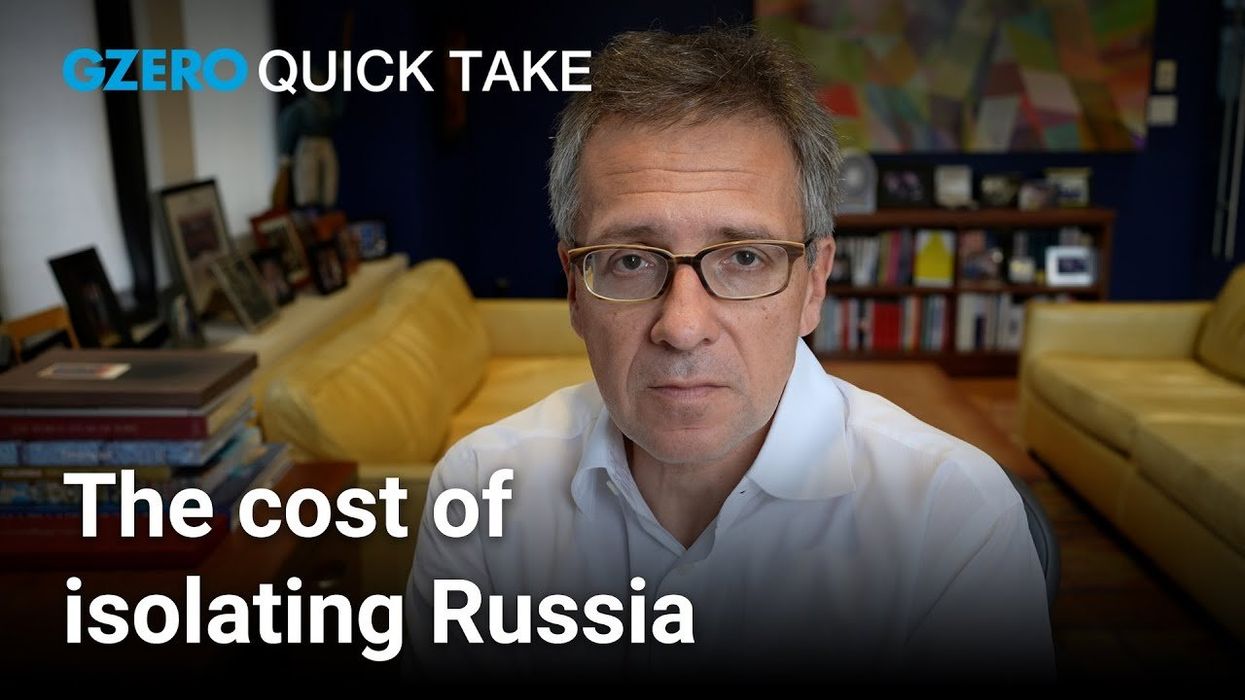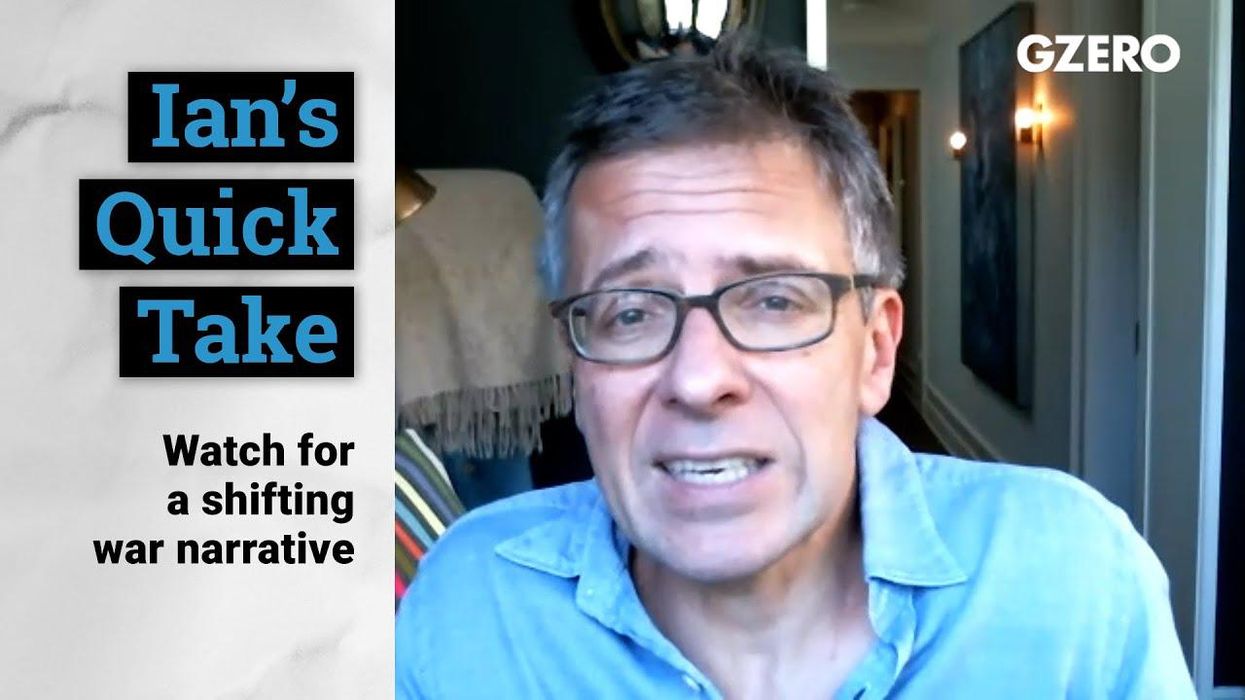GZERO Europe
Why NATO launches a Baltic Sea operation
Why has NATO launched a new operation in the Baltic Sea? Are the sanctions against Russia by the EU and US really working? Carl Bildt, former prime minister of Sweden and co-chair of the European Council on Foreign Relations, shares his perspective on European politics from Stockholm, Sweden.
Jan 15, 2025



